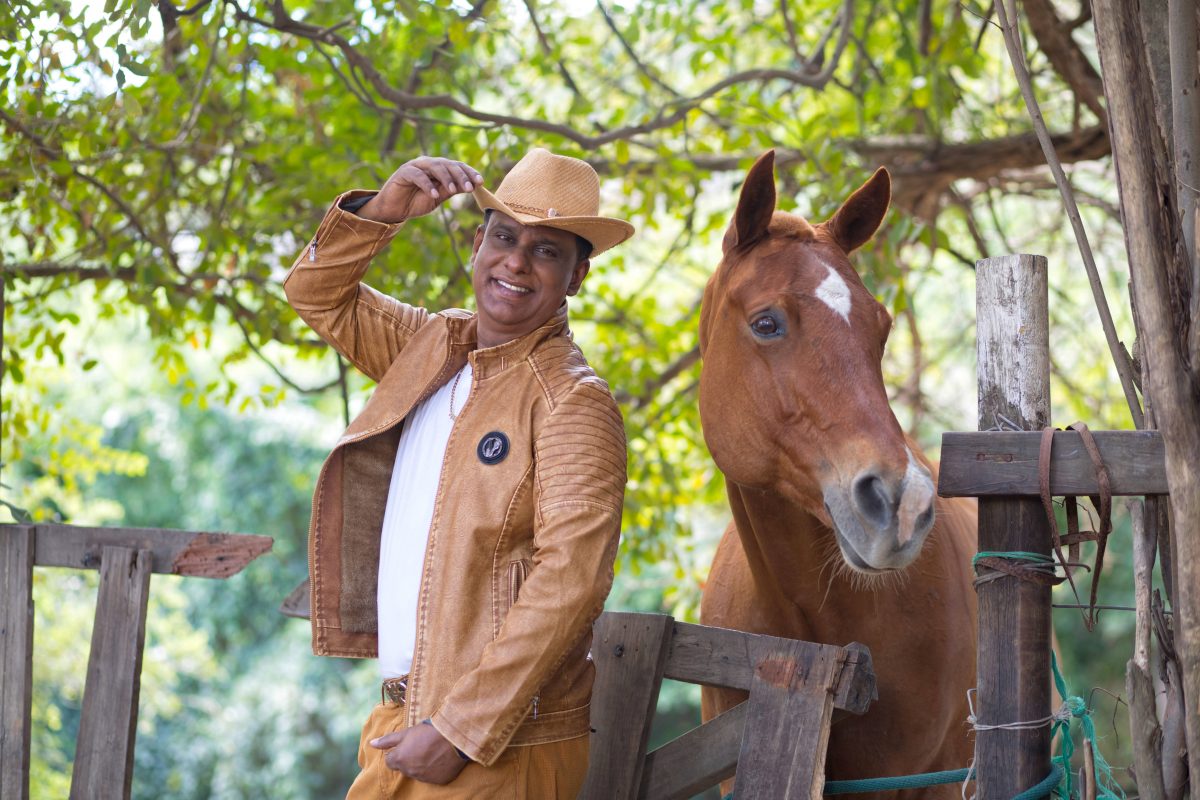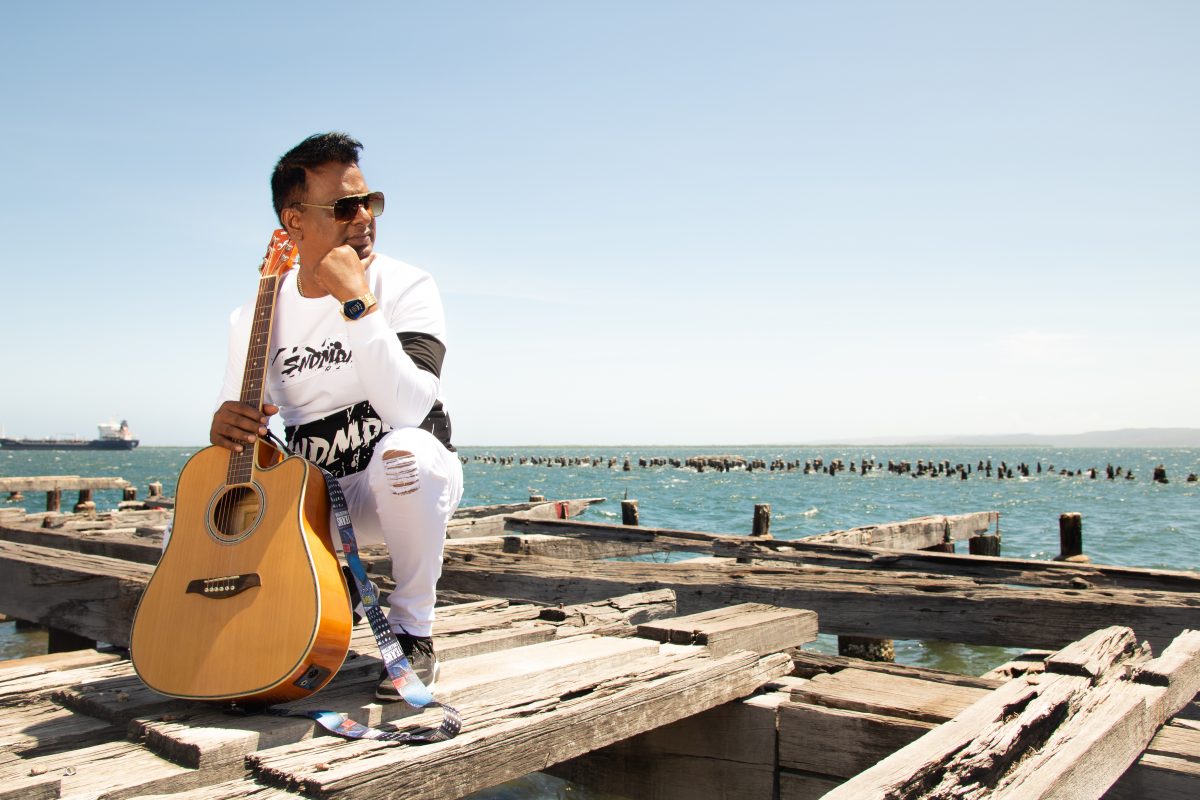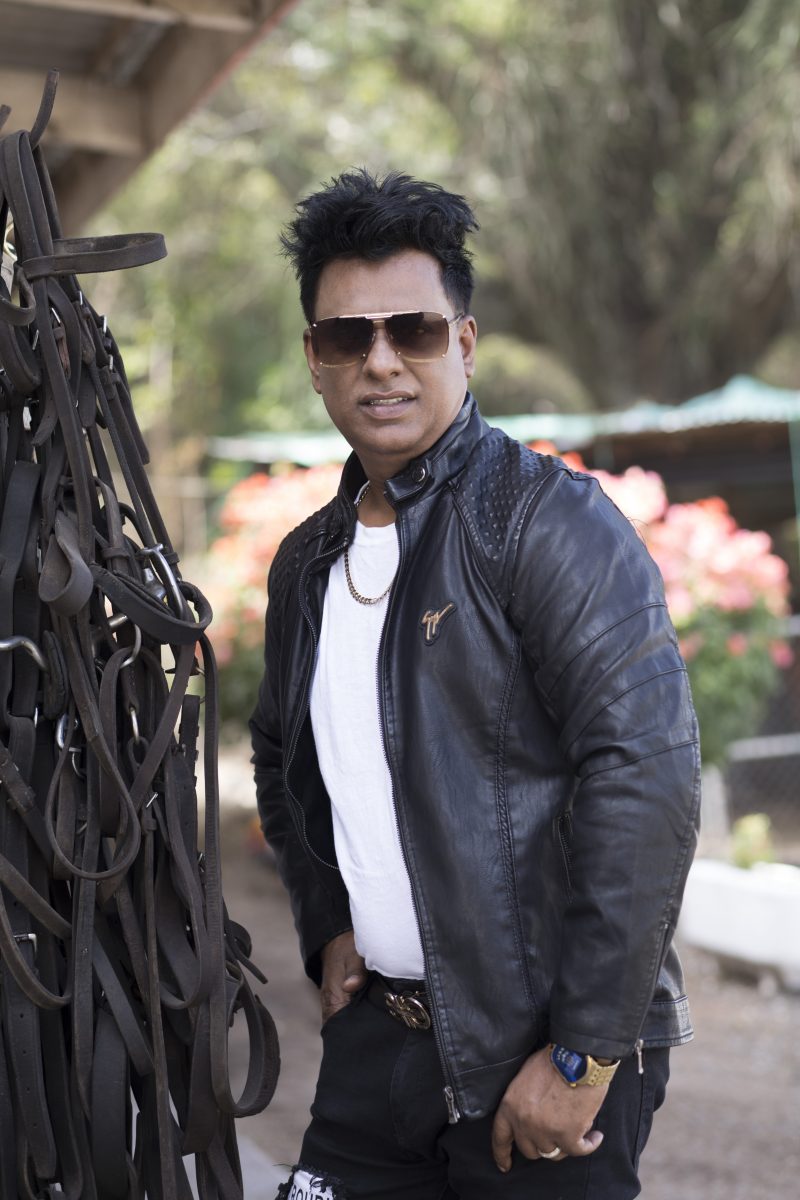Wesrok, Country Reggae Singer, Champions New Movement With ‘Born As a Winner’

Country Reggae impresario Wesrok is seeking to establish ‘country reggae’ as a bonafide brand of reggae music on the international stage.
“Country reggae is not a subgenre but a new brand, not quite country, not quite reggae, but a brand new flavour for the masses. Reggae emerged out of rocksteadu and ska, so this is new step in the evolution of our music which is always changing,” the recording artiste Wesrok said.

“Country is one of the biggest artforms. Other artistes have experimented with country reggae and failed because they’ve not sustained the efforts. We at 360 Global want to re-energise those efforts, other artistes who have gone country before did so on a one-off basis but never sought to establish it as a genre, and we intend to do so and champion it to the world,” he added.
Wesrok, who hails from the rural district of Swamp Lane in Bog Walk, St. Catherine, believes he is ideally equipped to be the face of this new music movement.
He has recorded a number of songs in the ‘country reggae’ genre such as Poor Country Boy, Left Out in the Dark and the recently released Born As a Winner, which has 32,000 views since its release three weeks ago. All songs have been released on his 360 Global Entertainment imprint.
“I feel that there is a niche market out there for country reggae in Jamaica and overseas, in Europe and the rural states of the USA,” he said.
Jamaican reggae artists have had a long tradition of doing country music. Plus, westerns and country tunes hold tremendous appeal to Jamaicans who love ‘outlaws’, such as the “rude-bwoy” figure famously played by Jimmy Cliff in the 1973 film The Harder They Come.
Many classic reggae tunes are in fact country covers. The 1961 country hit by Claude Gray, “I’ll Just Have Another Cup of Coffee,” became Bob Marley’s second single.
Freddie McGregor is an admitted Marty Robbins fan, and scored big with Roger Miller’s 1964 hit, ‘King of the Road’ while Toots Hibbert scored a cult hit with his rendition of John Denver’s ‘Take Me Home Country Roads’.
In the 1960s, Ken Parker hit local charts with his take of a Carter Family Standard, ‘Will the Circle Be Unbroken?” while Max Romeo did a cover of Jim Reeve’s ‘Is It Really Over’ that is considered one of his finest songs. In 2011, a successful compilation dubbed Reggae’s Gone Country did well.
Wesrok believes that there is a void in the local entertainment music scene that can be filled with new brand of music.
“There are a number of people who are not reggae or dancehall fans and they are forever yearning for more variety. People are crazy for me to fill this void, giving them country reggae music filled with reality and consciousness with an international flavour. I want to use country to pull reggae along to a place that the reggae artistes today are not going,” he said.
He intends to use his record label, 360 Global Entertainment to create a platform for young artists who want to experiment with the ‘country reggae’ artform.
“360 Global intends to sign talented young artistes who want to experiment with different genres and tap into the global marketplace. I need anyone who can sing songs that might not fit in with the platforms available in Jamaica,” Wesrok, whose real name is Percival Buddan, said.

Wesrok will be launching his album, Look At Me Now, on April 23. The album will feature seven tracks.
“The proof of Jamaica’s love for country music is all over reggae history. In the U.S., country music carries a certain racial history and baggage but I love it because country tells stories, tales about breaking up, and getting back together, and overcoming hardship. We love stories as well because this narrative tradition runs deep in folk music across the Caribbean,” Wesrok said.
He believes that as the world heals from the financial and emotional ravages of COVID-19, country reggae will be the balm everyone needs at this time.
“When the world reopens for business after we beat the COVID-19, I want to keep the synergy between Nashville and Kingston going. I’d like to tour with Nashville’s musicians, and maybe play huge festivals with them,” he said.
